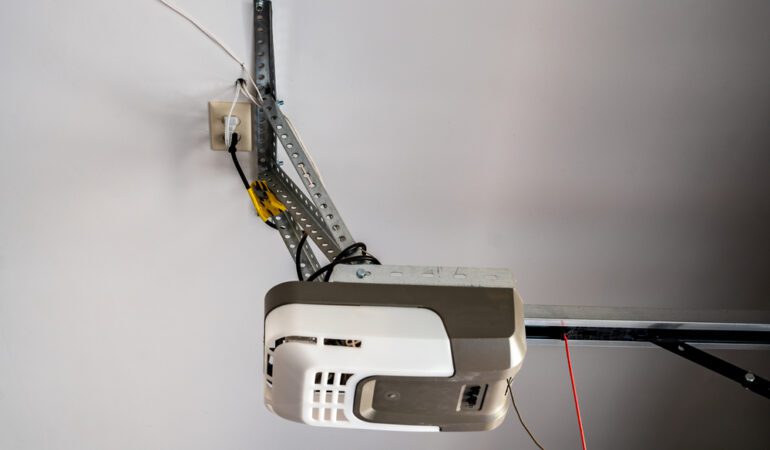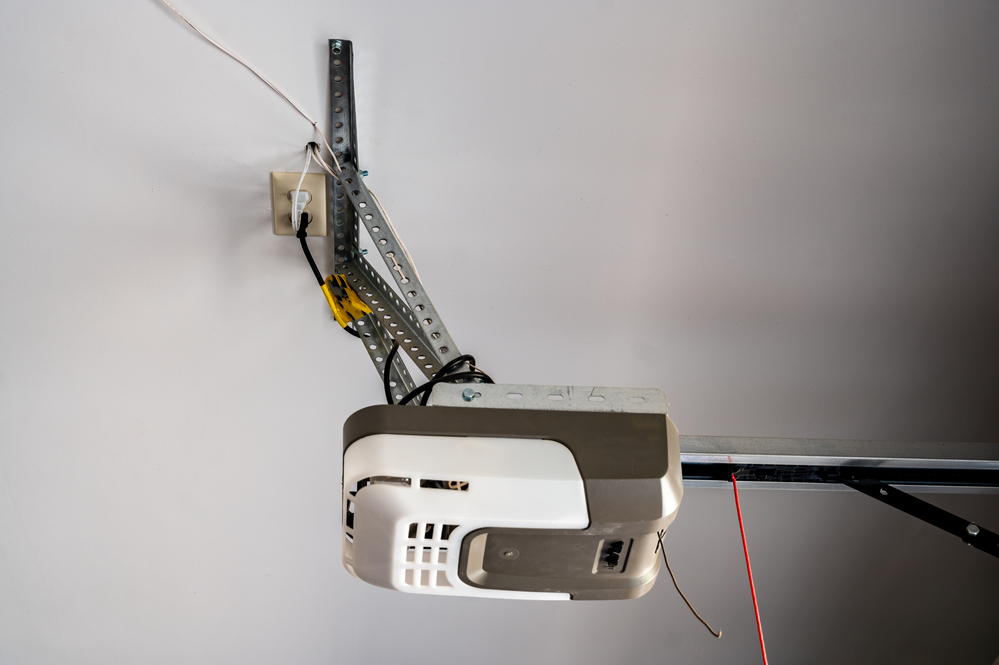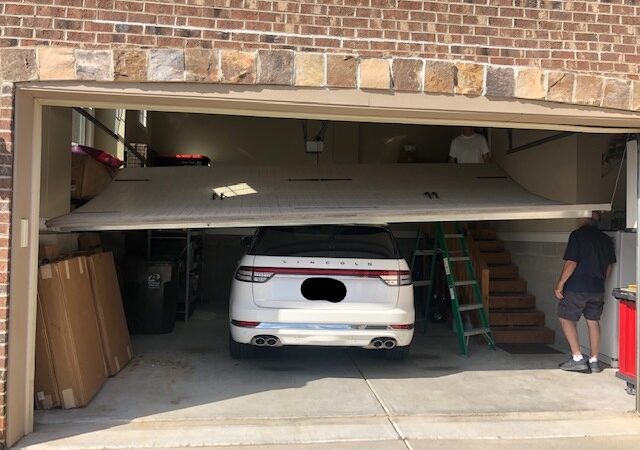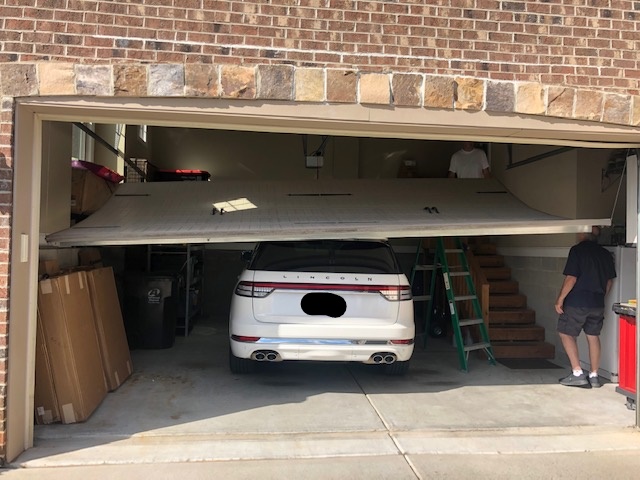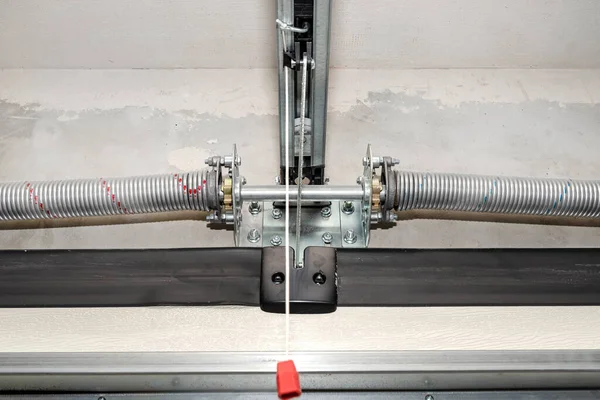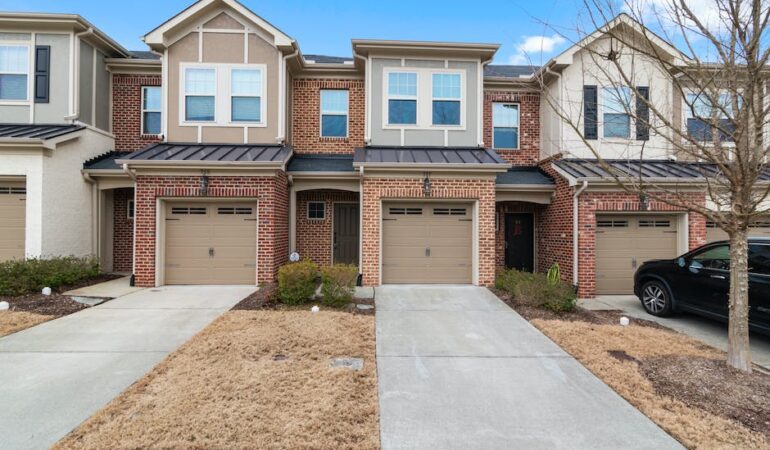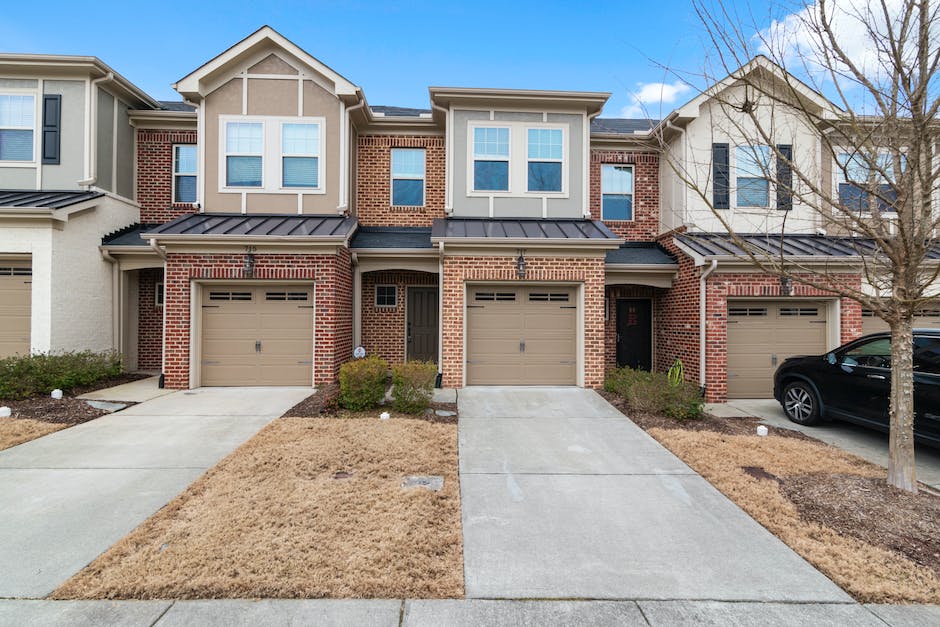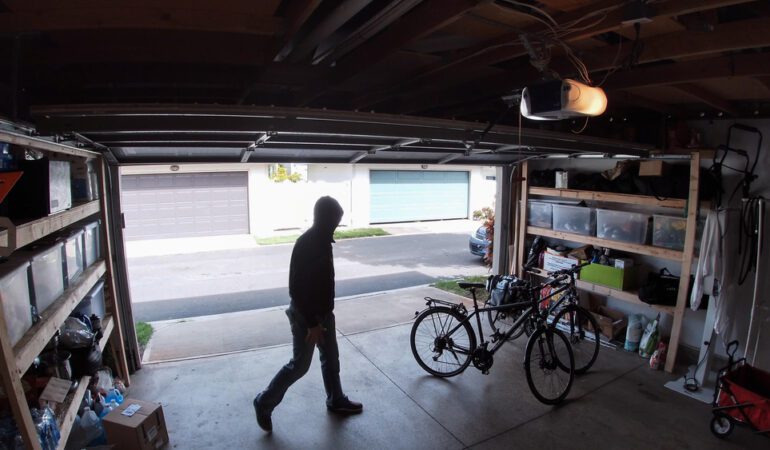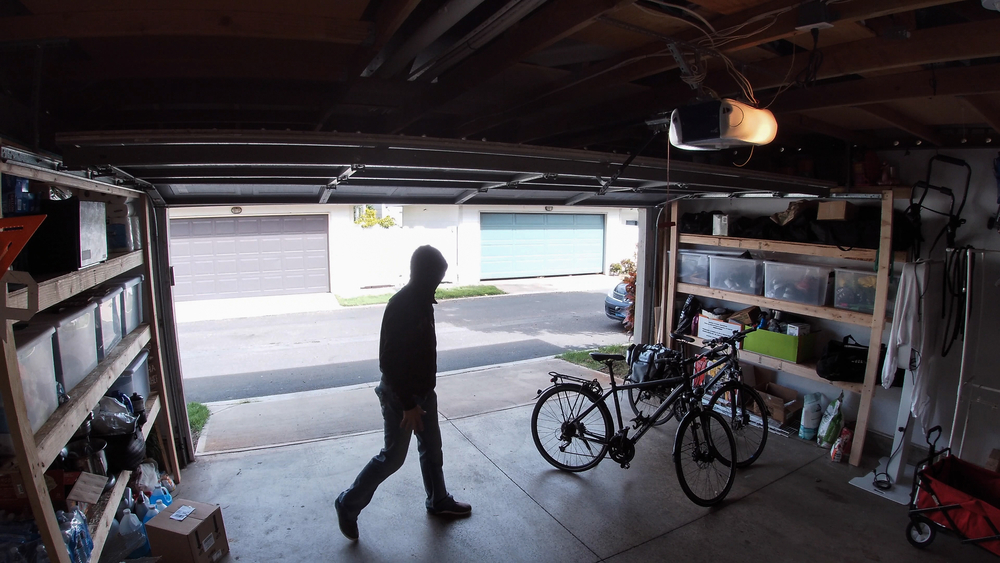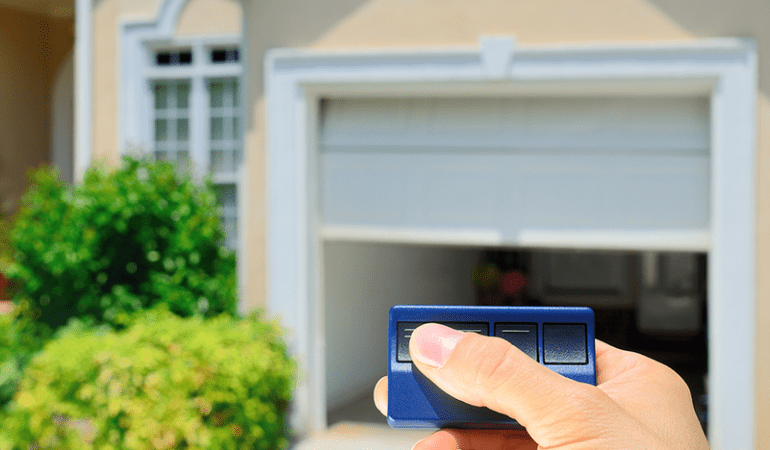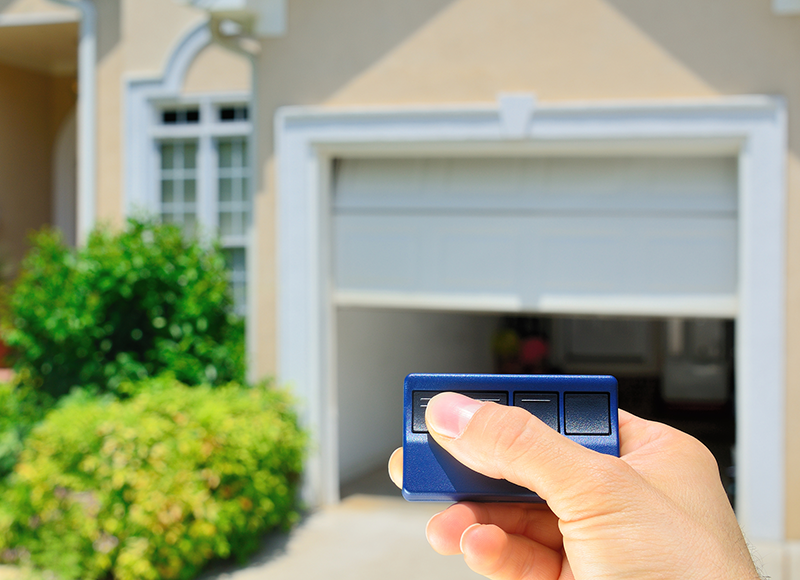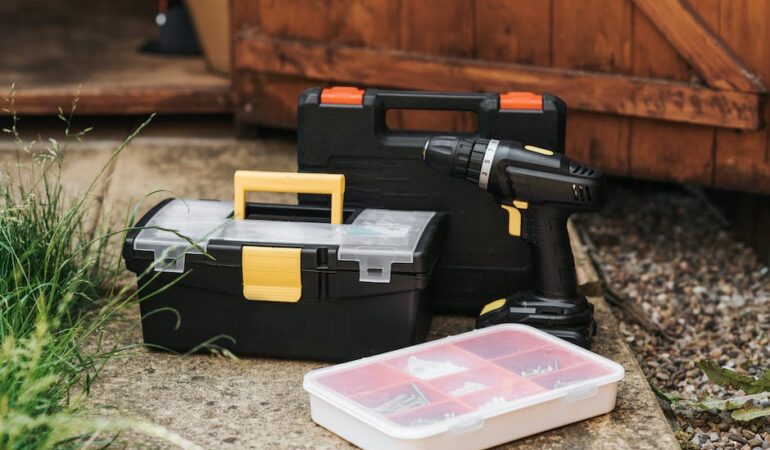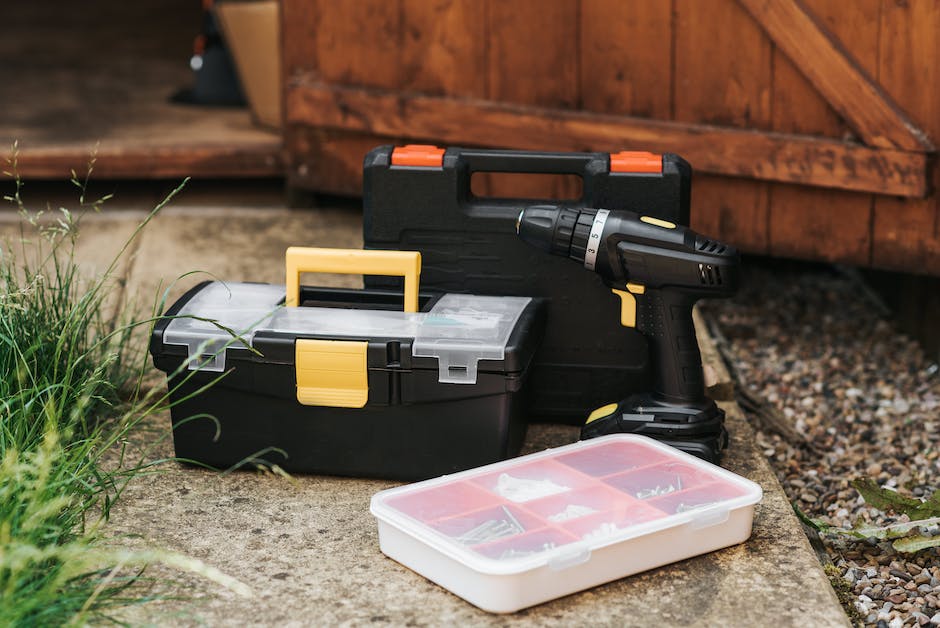A Closer Look at Different Types of Garage Doors
A Closer Look at Different Types of Garage Doors garage doors are an essential part of your home, providing security and convenience for your vehicles and belongings. There are various types of garage doors available, each offering different features and benefits to suit your specific needs. Whether you are looking for a traditional swing-out, a space-saving roll-up, or a contemporary sectional design, there is a garage door style to match your preferences. Understanding the different types and materials used in garage door construction can help you make an informed decision when it comes to selecting the right garage door for your home.
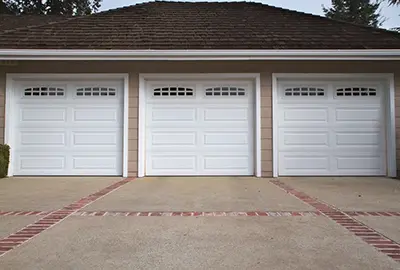
Types of garage doors
Garage doors come in several types, including sectional, roll-up, slide to the side, and side-hinged doors. Sectional doors are the most popular, as they open and close vertically, which is suitable for limited spaces. Roll-up doors roll up into a coil and are commonly used in commercial settings. Slide-to-the-side doors operate similarly to sectional doors but open sideways, making them a good choice if you have limited headroom. Side-hinged doors swing open from a hinged frame, offering a traditional look and easy manual operation. Each type has its advantages, so it’s essential to consider your needs before choosing the right one for your garage. A Closer Look at Different Types of Garage Doors.
Sectional garage doors
A Closer Look at Different Types of Garage Doors sectional garage doors are a popular choice for many homeowners due to their practicality and ease of use. These doors are made up of separate horizontal sections that are hinged together, allowing for smooth and efficient operation. Sectional garage doors are designed to open vertically, which means they do not require extra space to swing outwards like traditional garage doors. This makes them ideal for properties with limited driveway space or those looking to maximize their garage area. Additionally, the sectional design provides excellent insulation and weatherproofing, helping to maintain a comfortable and secure environment within the garage.
Roll-up garage doors: A Closer Look at Different Types of Garage Doors
Roll-up garage doors are a popular choice for many homeowners due to their space-saving design. These doors roll up into a coil above the opening, allowing for maximum use of the garage space. They are commonly made of durable materials such as steel or aluminum, making them long-lasting and resistant to dents and damage. Additionally, roll-up garage doors are available in a variety of colors and styles to match the aesthetic of your home. These doors are easy to operate with the use of a remote control or a manual pulley system, providing convenience and security for your garage.
Side-hinged garage doors
If you’re considering side-hinged garage doors, you should know that they open outwards like traditional doors, making them ideal for garages with limited headroom or obstructions inside. These doors also provide easy pedestrian access without having to open the entire door. They offer a classic and rustic look and are usually made from materials such as wood, steel, or aluminum. Installation and maintenance are relatively straightforward, and they are known for their durability and security features.
Up and over garage doors
Up-and-overup-and-over garage doors are a popular choice for many homeowners. They consist of a single panel that swings up and over to open, providing easy access to your garage. These doors are durable and require minimal maintenance, making them a practical option for those looking for a hassle-free garage door solution. Some key benefits of up and over garage doors include their simple operation, sturdy construction, and the variety of styles and materials available to suit different aesthetic preferences.
Material options for garage doors
When choosing a garage door material, you have several options to consider. Each material has its strengths and weaknesses. Here’s a look at the different material options available for garage doors:
- Steel: Durable and low-maintenance, steel doors offer excellent security. They are available in a variety of styles and colors.
- Wood: Known for their classic look, wooden garage doors can add charm and elegance to your home. However, they require regular maintenance.
- Aluminum: Lightweight and resistant to rust, aluminum doors are a good choice for coastal areas. They are also available in a range of designs.
- Fiberglass: Offering the look of wood without the maintenance, fiberglass doors are resistant to dents and corrosion. They are a good option for humid environments.
Choosing the right garage door for your home
A Closer Look at Different Types of Garage Doors when choosing a garage door for your home, it’s important to consider various factors such as material, style, and functionality to ensure it meets your specific needs. Some common types of garage doors to consider are sectional, roll-up, and side-hinged doors. Each type has its advantages and disadvantages, so it’s essential to weigh your options carefully. Additionally, consider factors such as insulation, durability, and maintenance to determine the best fit for your home. Be sure to consult with a professional to get expert advice tailored to your specific requirements.
Garage door maintenance and repairs
Garage door maintenance and repairs are essential to keep your garage door functioning smoothly and extend its lifespan. Here are some key points to consider:
- Regular maintenance such as lubricating moving parts and tightening hardware can prevent costly repairs and ensure your garage door operates efficiently.
- Watch out for signs of wear and tear, such as strange noises, slow or uneven movement, or visible damage, as these may indicate the need for repairs.
- It’s recommended to hire a professional for major repairs to ensure the safety and proper functioning of your garage door. Regular maintenance and prompt repairs can save you from costly replacements in the long run.
By evaluating these factors, you can make an informed decision to select the most suitable garage door for your home.


